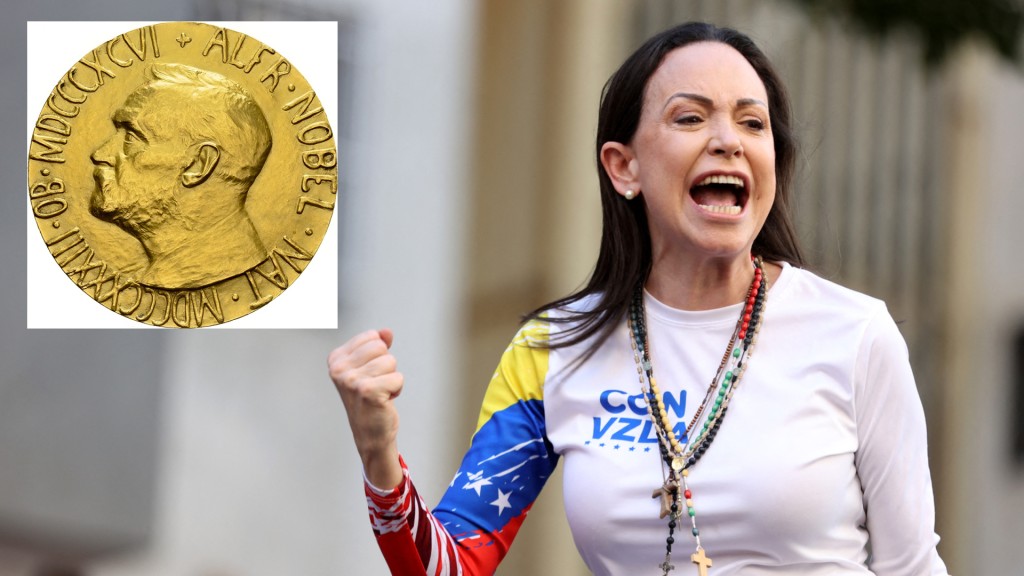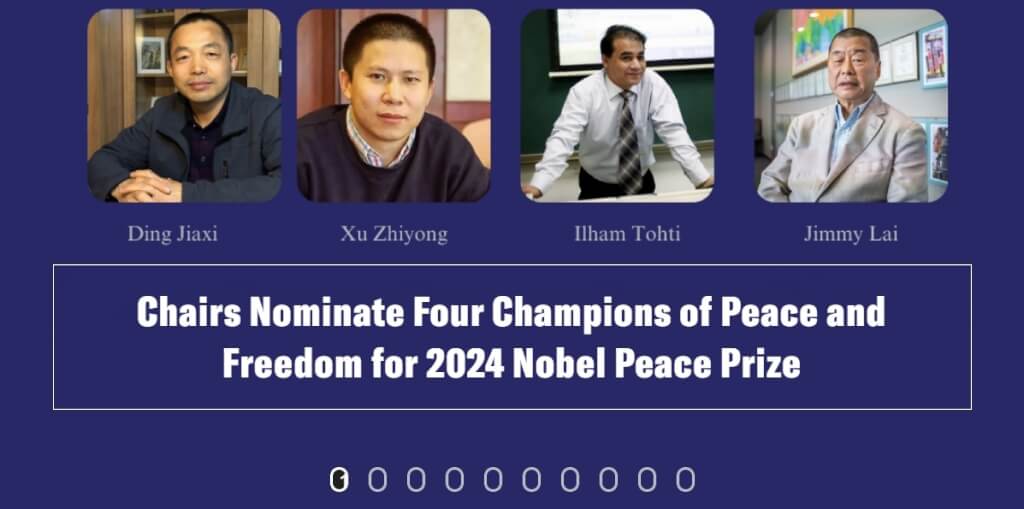Nobel Peace Prize sparks controversy as Venezuelan opposition leader wins amid US influence claims

The Nobel Peace Prize awarded to Venezuelan opposition leader Maria Corina Machado on October 21 has ignited global debate, with critics accusing the committee of politicizing the award to favor US interests, while Machado dedicated it to Donald Trump, who publicly coveted the honor.
The announcement of Venezuelan opposition leader Maria Corina Machado as the 2025 Nobel Peace Prize winner has drawn sharp criticism for turning the prestigious award into a tool of Western politics, particularly US foreign policy.
Machado, a fierce critic of Venezuela's government, immediately called Donald Trump after learning of her victory, declaring the prize belonged to him for his efforts in promoting peace.
Trump, who has openly expressed desire for the award, saw the White House condemn the Nobel Committee for prioritizing politics over genuine peace efforts.
Observers note that Trump's administration has escalated military aid to Israel and Ukraine, making a direct award to him improbable.
However, by honoring Machado—a figure allegedly backed by US interests—the committee may have indirectly supported Trump's agenda without risking his backlash, such as tariffs on Norway.
Venezuela holds the world's largest oil reserves, and US presidents from George W. Bush onward have supported opposition forces there, with the National Endowment for Democracy suspected as a key funder.
Reports suggest Machado promised Trump's son that, if in power, she would privatize Venezuela's oil industry, allowing US companies to profit and control supplies.
Local political figures in Hong Kong argue the prize has long deviated from its original intent, serving as a propaganda tool for anti-China politicians.
They point to repeated nominations of individuals involved in national security cases, such as Jimmy Lai, charged with colluding with foreign forces, and Chow Hang-tung, accused of inciting subversion, as attempts to garner international attention and interfere in trials.

Chow's case is set for November, and following the prize announcement, she posted on social media about her "disappointment" at not winning, using it to proclaim her innocence in what critics call a ploy to pressure the judiciary.
The Nobel's history includes contentious choices, like Barack Obama in 2009 despite no major peace achievements, or Yasser Arafat in 1994 amid his involvement in armed attacks.
Machado's win, as a hardline supporter of US hegemony, including military threats against Venezuela's government and Israel's actions toward Iran, has fueled accusations that the award now rewards aggression under the guise of peace, ultimately aiding efforts to destabilize resource-rich nations like Venezuela.



